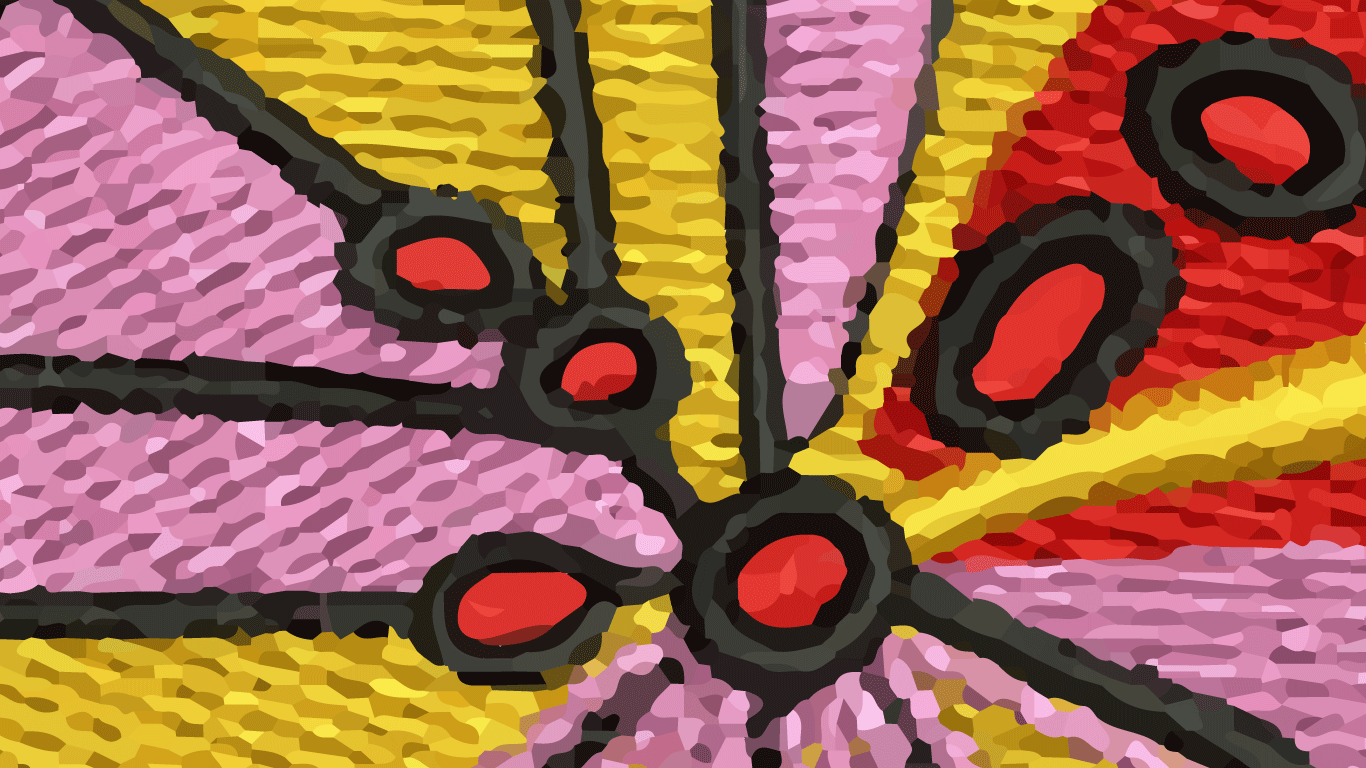
Partnerships
Wiluna Remote Community School
Why is partnering with the Wiluna School important to Martu?
Teaching young people on-Country is of great importance to Martu – the intergenerational transfer of knowledge is fundamental to maintaining a connection to Country.
School attendance and the engagement of students in their education can be dramatically improved if Martu language and culture is incorporated into the curriculum.
Martu Elders and Wiluna Martu Rangers are keen to incorporate two-way learning into the Wiluna School in a way that respects their traditional ecological knowledge (intellectual property).
Working with the Wiluna School
The Wiluna Martu Rangers have been working with the Wiluna School and CSIRO since March 2016 on a project called ‘Science Pathways for Indigenous Communities’. This project aims to support schools and communities to develop a culturally and environmentally-responsive integrated two-way science learning program connecting the traditional ecological knowledge of local Aboriginal people with Western science inquiry.
The partnership has been based on ‘learning on-Country’ trips where rangers and other partners, including DBCA and BirdLife Australia, have engaged students in both Martu and Western science educational activities.
The science pathways program has developed a suite of educational resources that outline opportunities for two-way science activities under the main themes of animals, plants, water, seasons, weather/astronomy and places/maps/Country. These activities highlight opportunities to involve rangers and traditional knowledge holders in the community.
In 2017, the Wiluna School, in partnership with the Wiluna Martu Rangers, DSS and CSIRO, won the nationwide School Award in Indigenous STEM (Science, Technology, Engineering and Mathematics) from CSIRO.
Department of Biodiversity, Conservation and Attractions
Why is partnering with DBCA important to Martu?
DBCA have had a long history with Matuwa, and have helped to maintain the homestead and camp facility.
Going forwards, partnering allows Martu and DBCA staff to share ideas about land management, including use of fire, and protecting rare animals.
Rangers also have the opportunity to be trained on the job and to be part of a wider land management program.
K Farmer Dutjahn Foundation
Why is partnering with the K Farmer Dutjahn Foundation important to Martu?
The Western Desert Youth Ranger Program creates an important pathway for Indigenous Martu youth in Wiluna to connect to Country. The key focus of this program is to engage effectively with youth and create relationships with the Rangers and other stakeholders.
Rangelands NRM
Why is partnering with Rangelands NRM important to Martu?
This partnership supports Martu to survey and confirm the presence of mallee fowl in their Country. As a threatened species, the mallee fowl is a rare sighting in the northern Goldfields landscape. Rangers are adept at track surveys, and their knowledge of tracks and potential to identify mallee fowl is an important asset for land managers to use. Mallee fowl in the northern Goldfields represents their most northern occupancy in WA so maintaining this presence aids in conserving its wider distribution and survivorship.
Tourism
For Martu, visitor engagement and management is also about providing them with high-quality information about the natural, cultural and Martu history of the Country as well as visitor safety.
Martu will endeavour to develop good-quality interpretation and signage at points throughout its lands that engage visitors in the stories and values of the land and directs visitors on expected behaviour, access, and safety.
Tourism has been discussed at length and one of the key aspects of the visitor management strategy, the creation of multiuse camps, is seen as a first step in the development of visitor exchange facilities at Matuwa Kurrara Kurrara.
Martu are supportive of on-Country tourist enterprises at Matuwa Kurrara Kurrara that focus on the natural, historical, and cultural history of the area and are keen to lead in the guiding and hospitality aspects of such an enterprise.
Industry
Mining has long been a part of the region’s economic development and social history. TMPAC evaluate exploration and mining proposals within its Native Title Determination on a case-by-case basis.
To ensure industry maintains leading standards for engagement with the community, management of cultural heritage matters, and environmental management and environmental impact assessment are consistently applied to any operations within the Determination.
Any access to the Determination for exploration or mining purposes will be subject to proponents entering into land access agreements, which will include environmental and cultural heritage protection benchmarks.
Appropriate representatives of TMPAC will monitor all exploration and mining access and land uses.
Research Programs
Working together with researchers is an important part of developing Matuwa and Kurrara Kurrara into a world-class two-way learning hub.
Matuwa Kurrara Kurrara is special Country and provides a significant opportunity for important scientific research.
The aims of research at Matuwa Kurrara Kurrara are:
Martu and researchers are working together respectfully on projects,
All research projects are discussed with TMPAC before,
during and after their completion,Research outcomes are being communicated to Martu, including to school children,
Martu input is being recognised in research outputs wherever appropriate.
True, respectful, and significant ngaparrtji ngaparrtji (two-way) science and research can only be achieved if Martu are included in project discussions from beginning to end.








